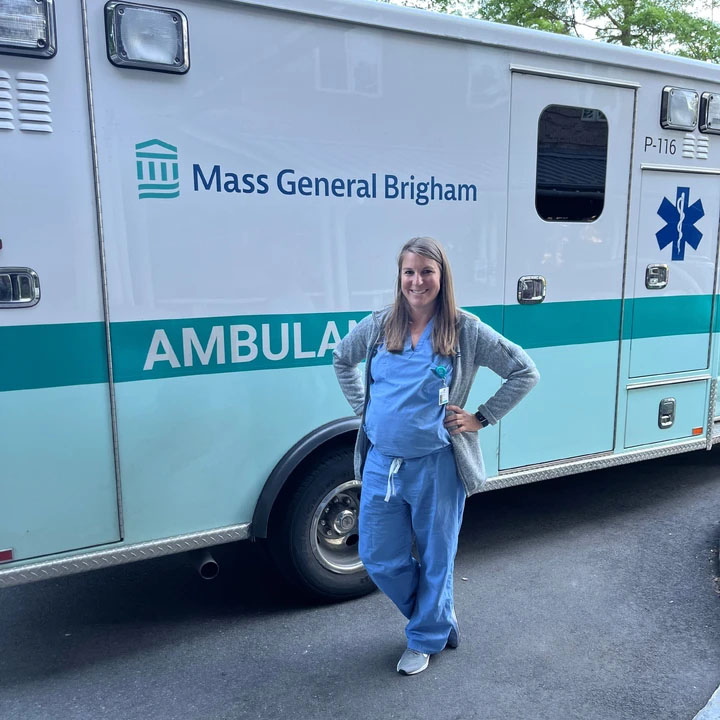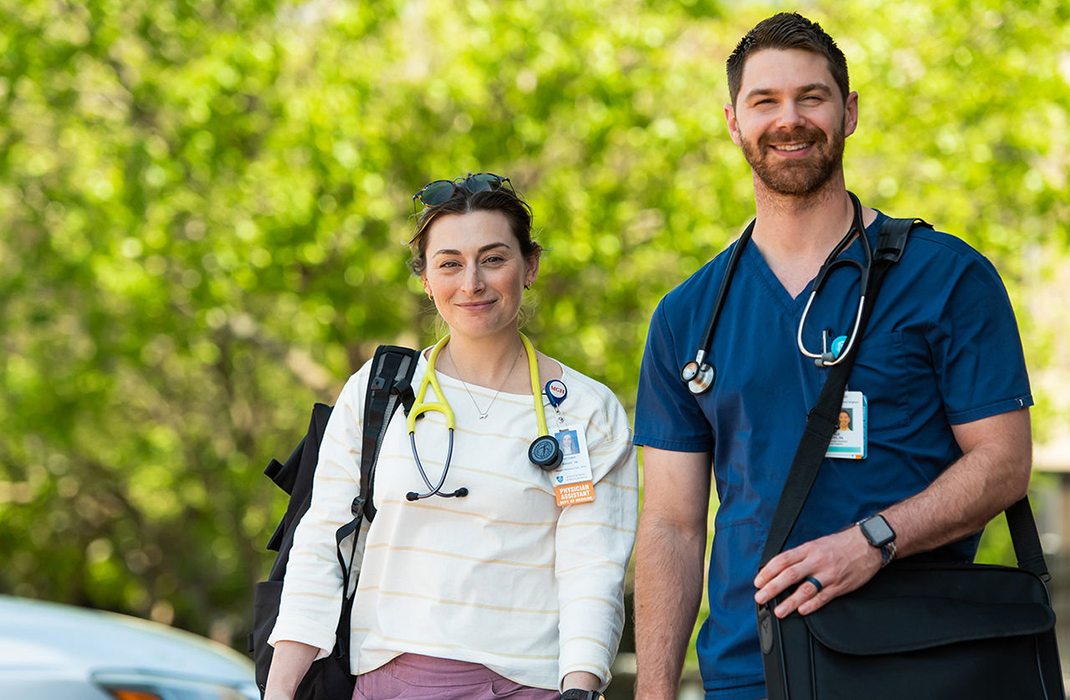-
- Find Care
-
- Visitor Information
- Find a Location
- Shuttles
- Visitor Policies
-
-
-
- Our Virtual Care Options
- Virtual Urgent Care
- Virtual Visits for Primary & Specialty Care
- Online Second Opinions
- Participate in Research
-
- Contact us
-
- For Innovators
- Commercialization Guide for Innovators
-
-
- Research News
- Alzheimer's Disease
- Artificial Intelligence
-
- Overview
-
- Overview
- Getting Started
- New to Mass General Brigham
- International Patient Services
- What Is Patient Gateway?
- Planning Your Visit
- Find a Doctor (opens link in new tab)
- Appointments
- Patient Resources
- Health & Wellness
- Flu, COVID-19, & RSV
- Billing & Insurance
- Financial Assistance
- Medicare and MassHealth ACOs
- Participate in Research
- Educational Resources
- Visitor Information
- Find a Location
- Shuttles
- Visitor Policies
- Find Care
-
- Overview
- Our Virtual Care Options
- Virtual Urgent Care
- Virtual Visits for Primary & Specialty Care
- Online Second Opinions
-
- Overview
- Participate in Research
-
- Overview
- About Innovation
- About
- Team
- News
- For Industry
- Venture Capital and Investments
- World Medical Innovation Forum (opens link in new tab)
- Featured Licensing Opportunities
- For Innovators
- Commercialization Guide for Innovators
- Contact us
-
- Overview
- Information for Researchers
- Compliance Office
- Research Cores
- Clinical Trials
- Advisory Services
- Featured Research
- Two Centuries of Breakthroughs
- Advances in Motion (opens link in new tab)
- Brigham on a Mission (opens link in new tab)
- Gene and Cell Therapy Institute
- Research News
- Alzheimer's Disease
- Artificial Intelligence
-
- Overview
-
- Overview
- Residency & fellowship programs
- Brigham and Women's Hospital
- Massachusetts General Hospital
- Mass Eye and Ear
- Newton-Wellesley Hospital
- Salem Hospital
- Integrated Mass General Brigham Programs
- Centers of Expertise
- Global & Community Health
- Health Policy & Management
- Healthcare Quality & Patient Safey
- Medical Education
- For trainees
- Prospective trainees
- Incoming trainees
- Current trainees
- Continuing Professional Development
- About Us
- Careers
- Careers at the System
- Healthcare at Home
- Forming Connections with Home Hospital Patients
What roles were you in before training to be an APP – or since?
When I started college I knew I wanted to go into medicine but was unsure which role best suited me. I encountered several APPs while volunteering and shadowing who loved their jobs with such an enthusiasm that made a strong impression on me, so I chose to become a PA. Most graduate programs require clinical experience prior to applying so I worked as a clinical assistant in an outpatient urology practice for a couple of years after graduating college.
After school, what path has your career taken?
For the last seven years prior to joining the Home Hospital team in 2023 I worked primarily in obstetrics and gynecology/infertility at Brigham and Women’s Hospital. I also started working per diem on the inpatient medicine team at Brigham and Women’s Hospital just prior to the start of the COVID pandemic in 2020. As you can imagine, what started as per diem role soon became a part-time position as I volunteered to be deployed to the COVID special pathogen units. In my role in infertility I led a multidisciplinary team for our third party reproduction program and have held leadership roles within Brigham and Women’s Hospital’s PA Services and the Massachusetts Association of PAs. It seems I’ve had a recurring theme in my career – being the first! I was in the first inaugural PA program class at Tufts University and was the first PA to work in the division of reproductive endocrinology and infertility and helped define the role. When the Lead APP role for the Home Hospital South team came up, it felt like a marriage of all my interests – patient care and APP leadership, as well as another opportunity to step into uncharted waters.
What makes the APP role key to the home hospital model?
As I’ve mentioned, APPs generally embrace a collaborative care model, so we do well functioning as responding clinicians working alongside our administrative coordinator, nurse, paramedic, and physician colleagues. Home Hospital is rapidly evolving and growing which requires a lot of flexibility in an ever-changing environment. I find that most APPs encompass that flexible, team-based collaborative mindset – if something needs to be accomplished even if outside of their “normal” role, they're willing to step in and help in order to meet the needs of our patients and to accomplish the goals for Home Hospital.
What do you love about your job?
I love that patients can get the same high-quality care that they would receive in the hospital but in the comfort of their own home. It’s palpable how happy patients are to be with their families, with their pets, and in their own space. It’s a unique opportunity for our providers and staff to understand the barriers (and opportunities) to help patients accomplish their health goals that we may miss in an inpatient setting. For example, we often treat patients with heart failure exacerbations and through Home Hospital can review their pantry and educate them on foods that have a high sodium content leading to repeat hospitalizations. I also recently had an older patient who we found out had difficulty getting in and out of her bed due to the height (which is a huge fall risk leading to significant morbidity and mortality) and we were able to help her get a hospital bed – the list goes on and on! To be able to interact with patients on such a personal level and have encounters that potentially change the trajectory of someone’s health is a privilege.
Any favorite special patient stories from your time in home hospital so far?
One of my patients had a quilt she made that included the names of all her grandchildren on it. I was pregnant at the time so it sparked a conversation about the name I was considering for my own daughter which ended up being the patient’s own mothers name. Taking care of patients in their homes enables us to form connections that would not have otherwise happened in the hospital setting – it’s an incredibly special thing!

